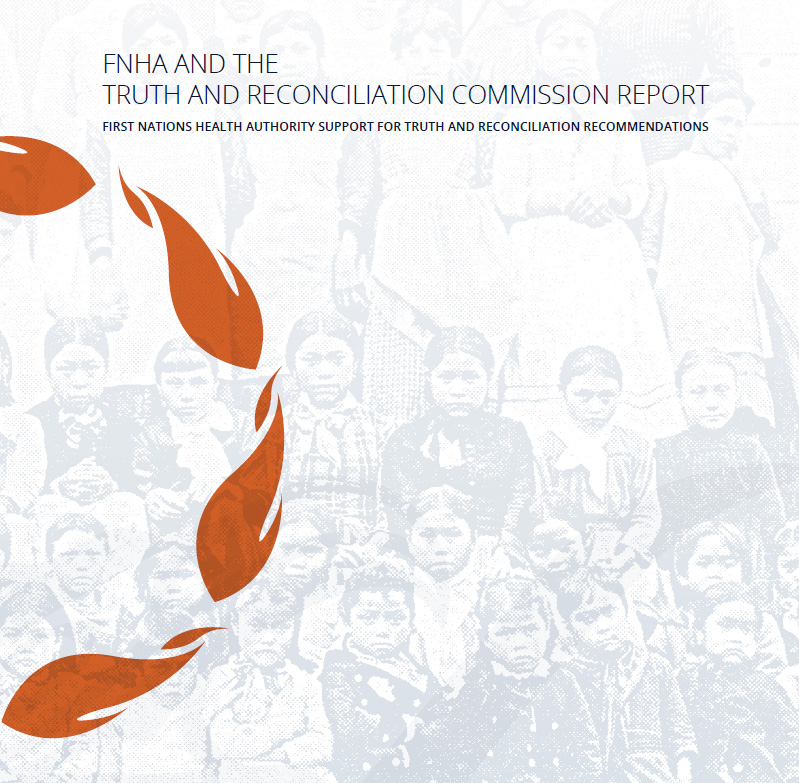
First Nations have a long history of health and wellness, sustaining vibrant Nations since time immemorial. This was forcibly interrupted by colonization. Government policies of assimilation, including the Indian Act, residential schools, and Indian hospitals, were designed to forcibly separate families, eliminate cultures, and disempower communities.
As a legal commitment under the terms of the Indian Residential Schools Settlement Agreement, the Truth and Reconciliation Commission (TRC) of Canada was mandated to reveal the complex truth and legacy of the residential school system and preserve survivors' stories. The TRC concluded that all Canadians have a responsibility to advance reconciliation through understanding and action to address the ongoing impacts of colonization.
As a first-of-its-kind First Nations health organization in BC, the First Nations Health Authority (FNHA) is involved with and supports the broader national reconciliation process on a daily basis, as we work with First Nations communities as well as our partners at Health Canada and throughout BC. Here we provide an overview of FNHA's alignment with the spirit of the TRC report and our role in advancing the Calls to Action.
The Truth and Reconciliation Commission Report's overarching themes, such as respect, relationships, and cultural safety are well-embodied in the work of the FNHA, as is the TRC's definition of reconciliation as "an ongoing process of establishing and maintaining respectful relationships."
The FNHA is committed to working with our tripartite partners and communities to promote cultural safety and humility across the health system and address the ongoing legacies of colonization in the spirit of reconciliation.
Download the FNHA and the Truth and Reconciliation Commission Report here (PDF)
